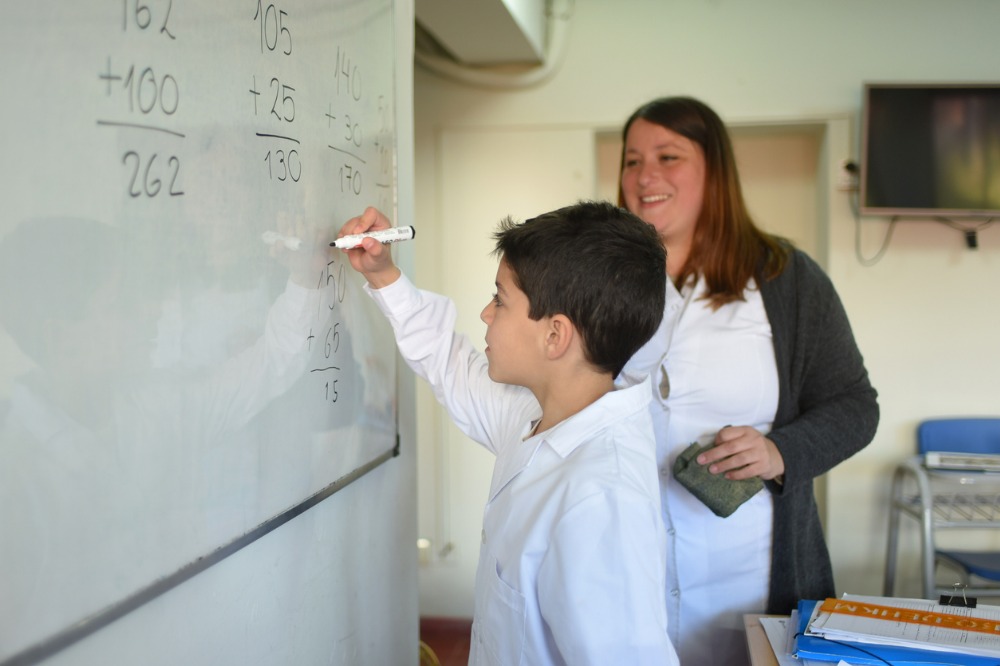
Australian teenagers with higher levels of curiosity than others performed better in mathematics in the PISA test, a new report shows
The Australian Council for Educational Research (ACER)’s second report – based on 2022 data from the OECD Programme for International Student Assessment (PISA) – found high curiosity levels, strong teacher-student relationships, school safety, reduced bullying, and perseverance are key factors linked to students’ success in maths.
The report analysed student and principal responses on mathematics performance, comparing Australia with 24 of the 81 participating countries.
For the first time, the PISA questionnaires focused on curiosity, which was higher in Australia, especially in the ACT and NSW, compared to other high-performing countries like Macao, Hong Kong, and Estonia. Most Australian students (80%) expressed curiosity about various topics, and 79% liked understanding how things work, though 25% found learning topic details frustrating.
The study’s lead researcher, Lisa De Bortoli said the results show why curiosity is important education as well as in life.
“Being curious can help students adapt to different environments, including developing tolerance to anxiety and uncertainty. It also promotes critical thinking,” she said.
Other factors associated with higher mathematics performance included stronger relationships with teachers, a greater sense of belonging and safety at school, less exposure to bullying, a more favourable disciplinary climate in class, greater resistance to stress, and more perseverance.
More students from advantaged backgrounds than disadvantaged ones experienced these things positively, as did those in urban locations.
Male students reported a greater sense of belonging and resistance to stress than females, and more positive relationships with teachers, despite reporting greater exposure to bullying.
Higher proportions of females reported feeling nervous about exams or not being near their digital devices, panicking easily, and being worried ‘about many things’.
Australian students’ resistance to stress was lower than in 10 other comparison countries that performed better or at the same level in maths; 58% reported being able to work under pressure, while 35% reported handling stress well.
Students in the Netherlands, Finland, Switzerland, and Estonia were among those with greater resistance to stress, while students in Singapore, the United Kingdom, and Macao (China) had a lower resistance to stress than Australian students.
The report also compared principals’ leadership behaviours, revealing every Australian jurisdiction had greater leadership than the OECD average.
Three out of four Australian students attended schools where the principal reported collaborating with teachers to solve classroom discipline problems once a week.
Just under half of Australian students attended schools where the principal took actions at least once a week to support teachers in developing new teaching practices and improving skills.


